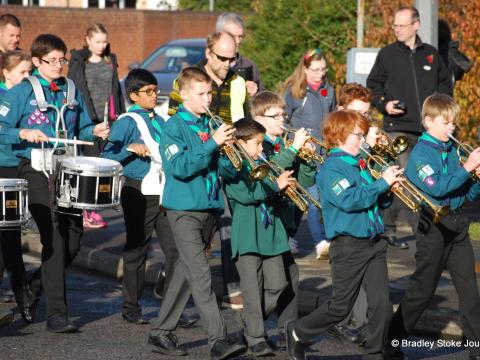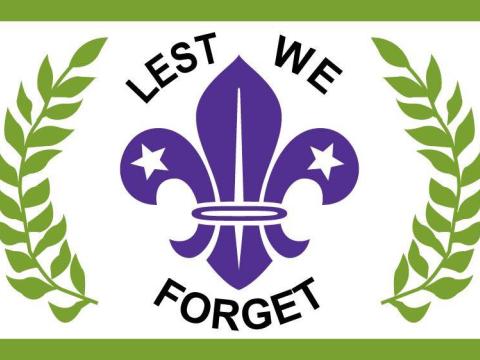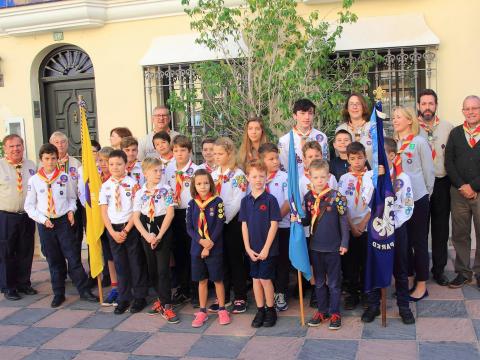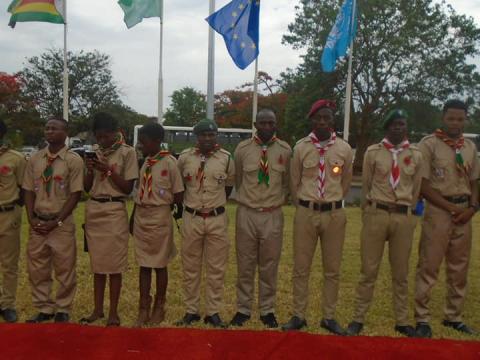Why Scouts observe Remembrance Day

Remembrance Day, which falls on 11 November, marks the end of the World War I. Also known as Armistice Day or Poppy Day, it is a day to recognise and remember the sacrifices of soldiers and civilians who died in wars and conflict. Many wear the red poppy on that day, the flower that was found growing in the middle of the worst battlefields during the World War I and has since become a symbol of hope.
On this day, citizens of Australia, Canada, India, the United Kingdom, United States, France, Germany commemorate the Remembrance Day and take part in the ceremonies and activities held in memory of the fallen.
Scouts of France paid their respect at the tomb of the unknown soldiers under Arc de Triomphe in Paris.
Scouts of Belgium raise the flag in memory of the fallen soldiers.
Scout of Canada learnt a lot about Veteran's Day and why it was initiated.
Beavers, Cubs and Scouts of United Kingdom took part in parades not only in Stafford, but also in many other cities.
Scout of Spain also attended the walk for Remembrance Day.

Scout Association of Zambia met the president for a Rememberance Day ceremony around the memorial.

In 1928, Lord Baden-Powell said:
“When we observe the Silence what shall we ask of ourselves in those solemn moments of thought? Could it not be to think out and resolve that in our turn we shall see with a new outlook and henceforth do, each of us, our bit to bring about peace and goodwill in world affairs? In the Scout Movement we are trying to do our little bit in this direction, by bringing together in friendship and under common ideals the future generation of every country in the world.”
During the World Wars, tens of thousands of Scouts served in various ways – watching the coasts, delivering messages, administering first aid and sometimes, even fighting at the frontline.
Today, apart from participating in events, ceremonies and activities held in memory of the fallen, they continue to invest time and effort in building and promoting a culture of peace and dialogue in their communities.


